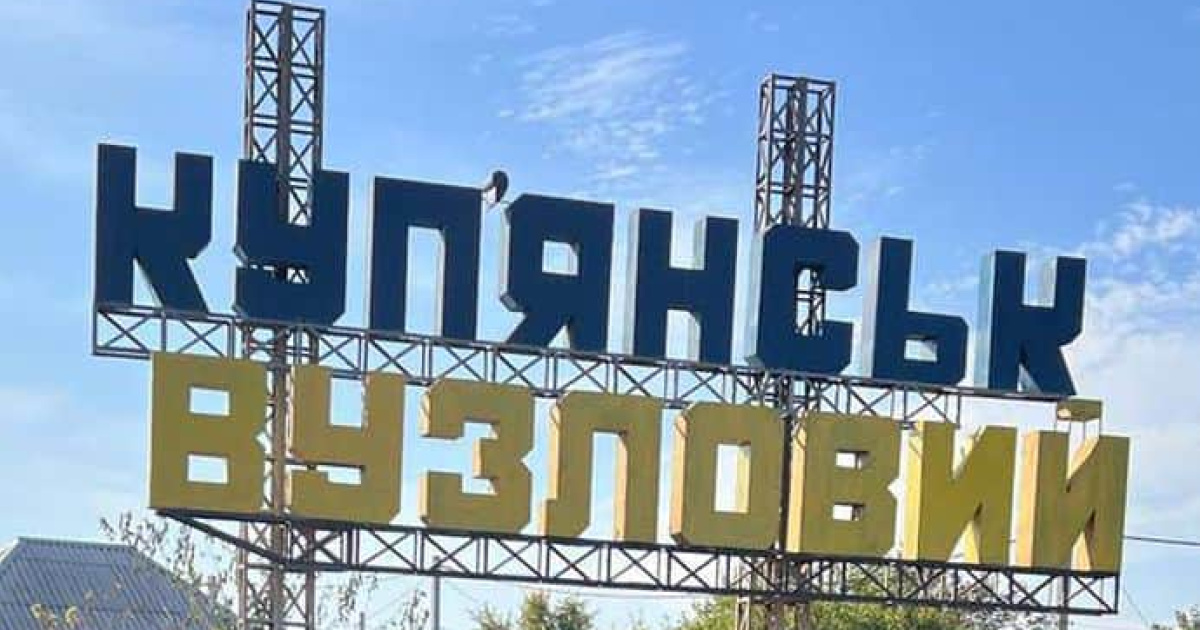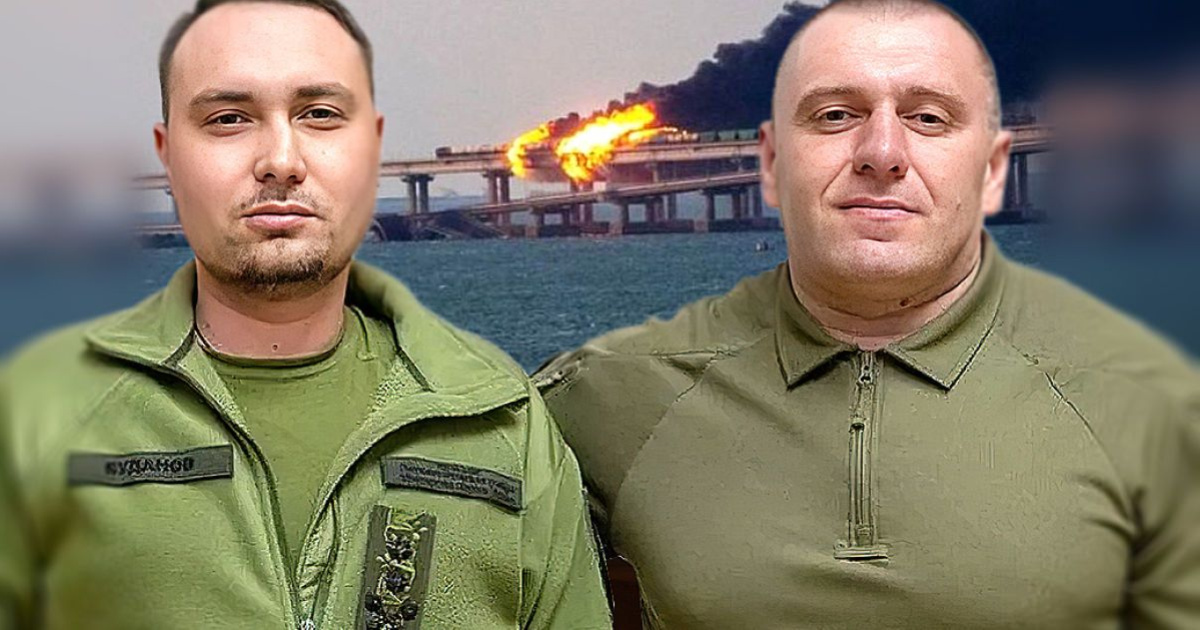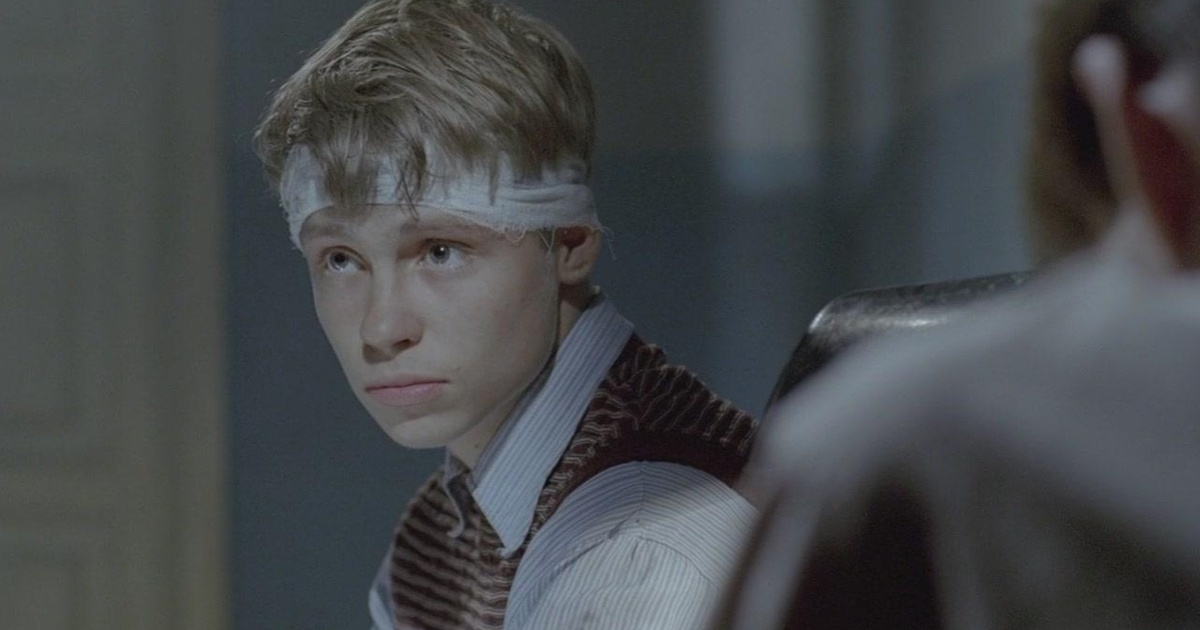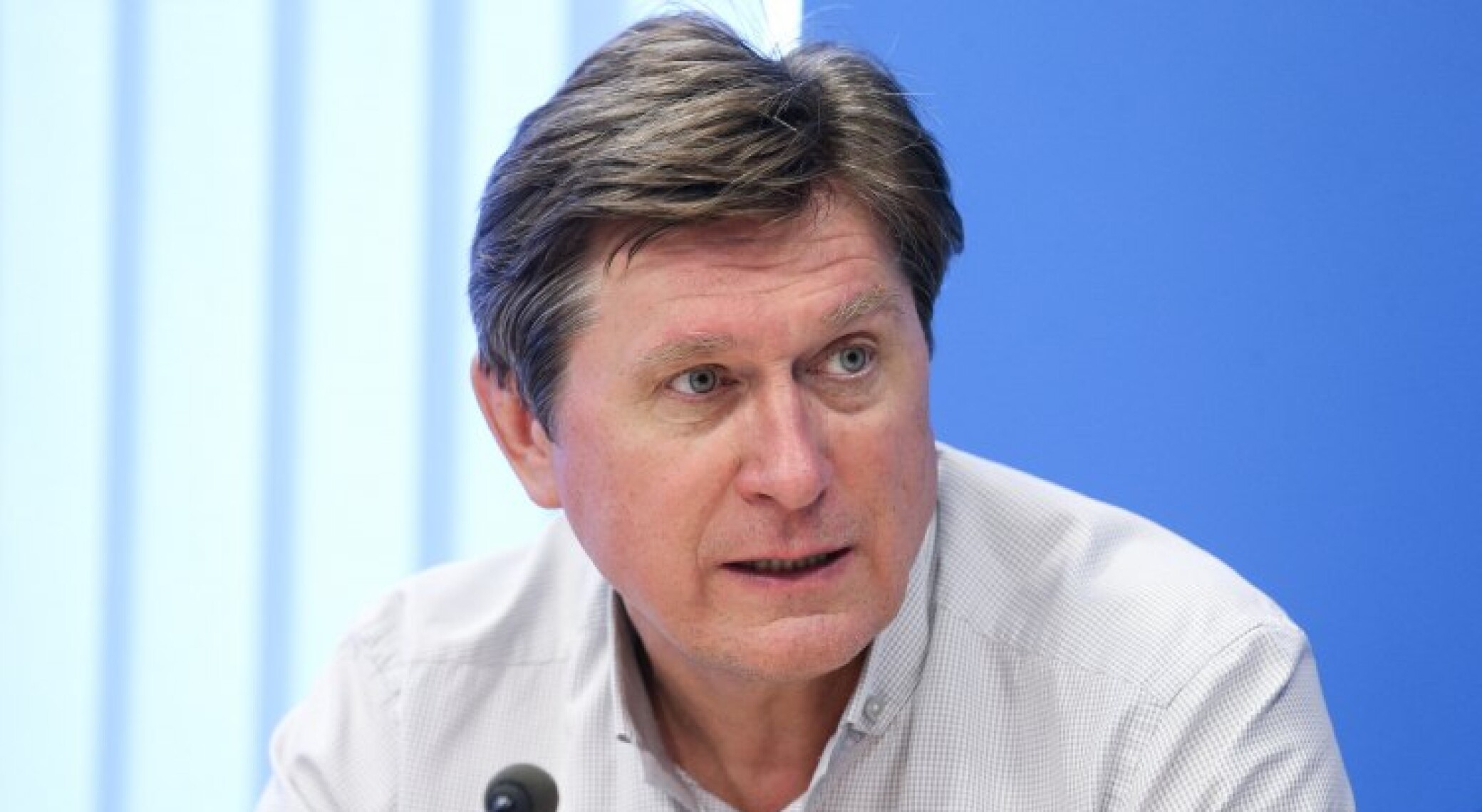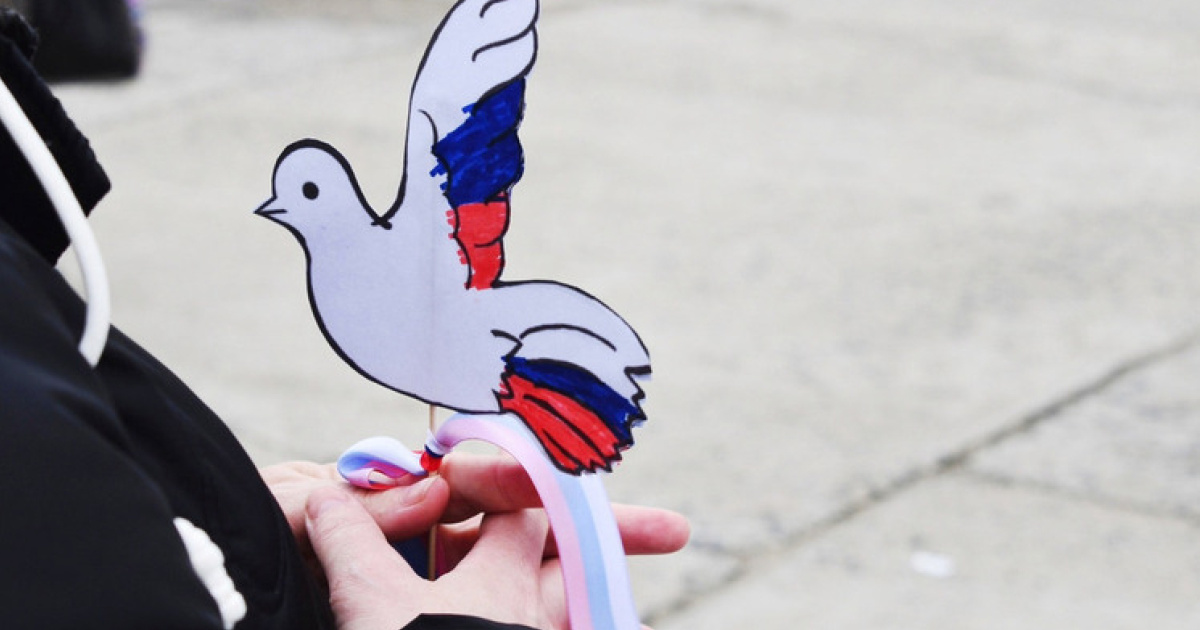
The russian dictator putin has intensified his information pressure. In his recent statements, he claims that russia "does not reject negotiations" with Ukraine, but these "signals of peace" are accompanied by an ultimatum-like list of conditions that reduce any negotiation process to Kyiv's capitulation. The kremlin insists on "Ukraine’s neutrality", renunciation of foreign alliances, recognition of the "referendum results" in the occupied territories, legalization of the russian language, and even "removal of nazi elements" from the Ukrainian leadership.
Particularly telling is putin’s personal attack on Volodymyr Zelensky, whom he called a "toxic figure" allegedly avoiding negotiations because they would lead to the lifting of martial law. This is not only an attempt to delegitimize the Ukrainian government, but also to provoke internal political destabilization by pushing the narrative of the need for "change for the sake of peace".
Political expert Kostiantyn Matviienko told OstroV what really lies behind putin’s new statements, what game the kremlin is playing under the guise of "readiness for negotiations", and what consequences the U.S. strikes on Iran’s nuclear facilities will have for the war in Ukraine.
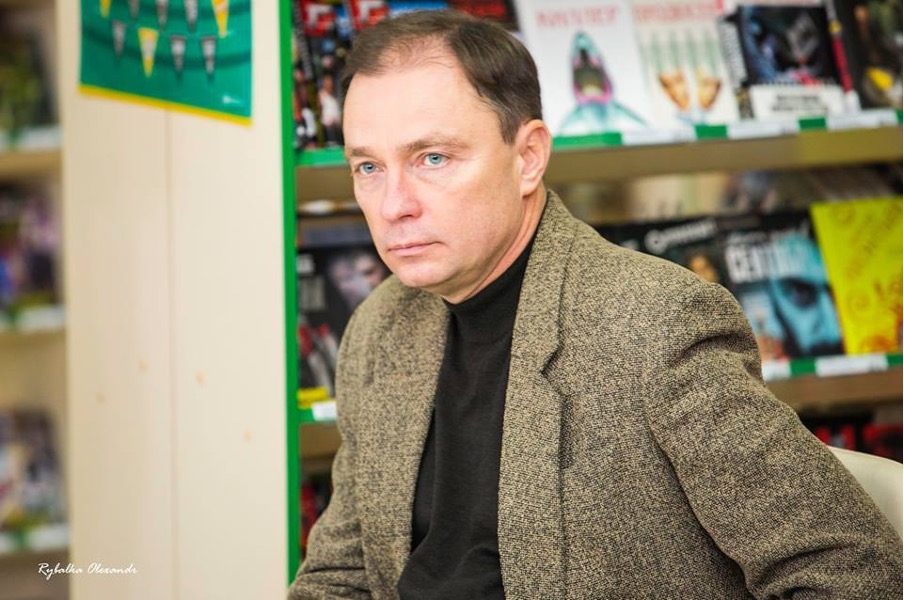
— In recent days, putin has made one statement after another: first about being ready for talks after June 22, then about a possible seizure of Sumy, and then about the demand to recognize the "referendums" in Donbas and "Novorossiya". What’s behind this kind of information pressure, and how are these messages connected?
— Putin is aiming to destroy Ukraine as a state. Sometimes he's closer to achieving this goal, sometimes further away. And depending on what he feels on a particular day, that’s how he reacts. Right now, he’s clearly being told that russia is advancing, that they have an opportunity to push toward Sumy, that they might try to cross to the right bank of the Dnipro. So accordingly, he says: that’s it, we will absorb all of Ukraine. If the situation changes (and it changes not only internally but also externally) his rhetoric transforms accordingly. For example, the russians have spent some time closely studying Trump’s behavior, and in their view, he has lived up to their highest expectations.
In russia, they believed that the United States would intervene more harshly in the russian-Ukrainian war, but we see Trump blocking sanctions, sabotaging the G7 summit, and now also the NATO summit. Putin realized: Trump is not a threat to him. And on top of that, there was a distracting factor — the war between Iran and Israel. This is a very complex and costly campaign with an absolutely unpredictable outcome. And in such a foreign policy environment, putin sees a window of opportunity: he can keep applying pressure both on the international community and on Ukrainian society (through propaganda, the fifth column in Ukraine, etc.).
There is nothing surprising in putin’s latest statements. He believes Ukraine is weakened and that pressure on it can continue.
— Can we say that putin is stalling for time, or is there no need for that anymore?
— Back in 2022, he was hoping for a blitzkrieg, which failed, but in my opinion, time is working against putin. Yes, at his economic forum he was talking about how wonderful the situation in the russian economy is. But that's not true. Even inside russia they’re already admitting that the economy is entering a recession. So, if we’re speaking strictly from an economic standpoint, there’s no doubt that time is working against putin.
As for the mood in russian society, I have to admit I was wrong. I thought russian society would be more sensitive, more resistant to the circumstances of war. After all, we’re talking not only about mass deaths but also about international isolation and a devastated economy. But as it turns out, russian society is almost entirely numb to these circumstances.
And in that sense — yes, time is on putin’s side. Because his population is still willing to endure these conditions for a long time.
— In your opinion, has putin become more confident in recent months?
— I can only judge by his actions, and what we’ve seen lately are massive strikes on cities like Odesa, Kremenchuk, Sumy, Zaporizhzhia, Kherson, Kyiv. His actions have clearly become more aggressive, and that means — more confident. This doesn’t look like agony. Many of my colleagues say: he’s acting aggressive now because he’s out of resources, that putin is using up the last of what he has. I don’t think so. From my point of view, he still has enough resources to continue this aggressive war.
— How long can putin keep ignoring the subject of a ceasefire?
— It was precisely at the economic forum that putin for the first time openly demonstrated that he’s ready to ignore the very topic of the war. Previously, the Ukraine topic stood out sharply in russian media and in putin’s own speeches. But now he pretends that the russian-Ukrainian war is just background noise. That’s exactly why he’s now trying to ignore the war from an information standpoint.
In fact, no one in the world right now is putting pressure on him with demands to at least call a ceasefire and stop the killing of Ukrainians, so he’s trying to push this issue off the agenda.
— Recently, even discussions about a temporary ceasefire have almost disappeared both in European and American media. What do you think is the reason for this?
— Everyone had high hopes for Trump’s position. And in general, the negotiations in Istanbul — both rounds — took place at the initiative of the United States. But now Trump has lost interest in the russian-Ukrainian war. He’s more concerned with his own international image at the moment.
The russians were really counting on a so-called “grand deal” bearing Trump’s name in the economic sphere. Kirill Dmitriev went to Washington with relevant proposals, but those expectations weren’t met. The US turned out to be far less interested in “unfreezing” economic ties with russia than the russians had hoped. And russia itself has somewhat adapted to the sanctions. What’s the result? Some kind of contact task forces were appointed. But there has been no real shift in US-russia relations, neither positive nor negative.
That’s why the topic of a ceasefire, let alone a full truce, has moved to the background in the US. And therefore in Ukraine as well.
— In your opinion, is this temporary?
— Everything in life is temporary. But the question is how long this ignoring will continue. Because we have to honestly admit: our resources aren’t unlimited either. In fact, putin is trying to push us to initiate a capitulation scenario ourselves, to get us to propose something that he can sell as his victory.
It’s clear that neither Ukrainian society nor the government will go for that. But that’s exactly what putin’s current strategy aims for. Unfortunately, all this talk about the war ending today or tomorrow is just wishful thinking, not backed by any serious factual basis.
— Overall, how would you assess the current negotiation process? Is it stuck or just on pause?
— Certain contacts have never stopped. They happen on different levels, particularly in prisoner exchanges, returning bodies of the fallen. In that sense, we can talk about the presence of negotiation contacts, rather than actual negotiations, which are still ongoing.
But if we’re talking about the negotiation process in a substantive sense, it simply doesn’t exist. Putin issued his ultimatum with very specific demands. We won’t list them all now, but to remind: territorial concessions, political concessions, the language issue, the church issue, “neutral status” for Ukraine, and so on. And since then, russia hasn’t changed its position. Just like Ukraine hasn’t changed its own.
Therefore, when both sides don’t change their positions — that’s the end of the negotiation process. Even if contacts continue, they’re meaningless. There’s no substantive content there.
As for russia's demands, I don’t think Ukraine can even afford to enter into a substantive discussion on such matters. The moment we make one concession, putin will immediately demand the next. We make the next — and he’ll put forward yet another condition. This is russia’s classic tactic, and it’s well known to everyone.
Russia cannot talk to Ukraine from a position of strength, but it desperately wants to. It wants to appear as a superpower, even though it isn’t one in reality. And it behaves accordingly — brazenly, arrogantly. Remember how Medinsky acted utterly demonstrative and overtly arrogant in Istanbul. But russia has no real grounds for such behavior.
That’s why I currently see no possibility even to begin a substantive dialogue on political issues. The fate of this war will be decided on the battlefield.
— But on the battlefield we need allies' help, at least in the form of weapons…
— Yes, we need to consolidate our diplomatic efforts to the maximum to ensure increased military and financial support from our partners. First and foremost, this means the European Union. The United States, unfortunately, to a lesser extent. Although we’re still seeing deliveries go through that were previously approved by the Biden administration. We’re also receiving intelligence and it shows in the effectiveness of our special services’ operations. This support must be maintained.
— Should we get used to the idea that the US is stepping away from its role as a global leader?
— Today the US is increasingly focused on domestic issues, driven by a kind of self-isolation mindset. Under the slogan “Make America Great Again”, Trump is trying to consolidate economic assets inside the country, believing this will make him a historic figure and “a benefactor of the American people”.
But if the US withdraws from its zones of responsibility, it will lose its global leadership position. Europe will not be able to pick it up for many reasons. And then China will come to the forefront, just waiting for the moment the world shifts from a global model to a regional one. I’m not just talking about geopolitics, but even the psychological, cultural, and scientific development of humanity. And that’s where a very alarming dynamic begins.
— But with Iran, Trump has shown he can move from words to tough action. What consequences might the U.S. strike on Iranian nuclear sites have?
— It’s a multilayered event. First, we can put a period on the existence of the UN as an effective body. I believe the U.S. quite logically, rationally, and justly entered the war on Israel’s side. But the problem is that this happened outside their direct defense perimeter. That is, de facto, the U.S. acted aggressively toward the aggressor, but without UN Security Council sanction.
It’s obvious that such a decision would have been blocked by China and russia. So we have every reason to say: as an international regulator, the UN has exhausted itself. Legally, it still exists, but in reality — that’s it. Full stop.
Second, the U.S. operation did not stop the Iran-Israel war — it’s just one phase of it. Iran still has proxy forces, particularly in Lebanon.
The U.S. is urgently evacuating families of its diplomats and military personnel from nearly the entire Middle East. So, the war is unfolding, but again — the U.S. was forced to act.
Overall, the operation was brilliantly prepared. Trump, Vance, and Netanyahu personally participated in the disinformation campaign. The U.S. President publicly stated that the decision-making process would take two more weeks and that truly lulled the Iranian leadership.
— What does this mean for Ukraine?
— First, a blow was struck against the “dictators’ international”, which includes Iran, russia, North Korea, Belarus, and China. And it was the U.S., not Israel, that hit the key link in this axis — Iran. This shows that there will no longer be a soft dialogue with russia, and the U.S. can act firmly.
China, by the way, also failed to help Iran. It had been providing codes to its own navigation system — a GPS analogue — used to guide drones and missiles, which signals close cooperation. But even that didn’t help.
We’re in an extremely dynamic situation, and it’s still evolving. This isn’t the end, it’s just a transitional stage. But in any case, for Ukraine it’s a positive signal: a strike was dealt to a dictator, an ally of russia, and in parallel there’s an effort to pull Lukashenko away from putin, while China remains isolated for now.
But this could mean that russia — due to putin’s banal lack of awareness of the real situation — will try to ramp up its summer offensive as much as possible. It could significantly intensify aggression against Ukraine, hiding behind its usual propaganda clichés about “biological laboratories”, “combat geese”, “Ukrainian nuclear bombs” and the like.
Moscow will likely try to use the recent U.S. strike on Iran as a precedent. In kremlin rhetoric, this could sound like: if the U.S. can hit Iran, then why can’t russia hit Ukraine? But that’s a weak, contrived excuse. We need to be as ready as possible to resist.
— U.S. special representative Keith Kellogg visited Belarus and met with Lukashenko. This visit was viewed as a step that could facilitate peace talks between moscow and Kyiv. In fact, it resulted in the release of political prisoners. How do you assess the true purpose of the visit?
— In my opinion, the release of prisoners is a background, secondary outcome. It’s definitely not the main goal, more like a pleasant side effect that Lukashenko agreed to in order to show personal loyalty to Kellogg and, accordingly, to the new U.S. administration. I believe Kellogg was primarily concerned about the situation with russian military exercises in Belarus.
By the way, take note of the statement by Commander-in-Chief of the Armed Forces of Ukraine, Oleksandr Syrskyi, that we cannot rule out the possibility of a new offensive from the direction of Belarus.
I think Kellogg was trying to demonstrate his own activity, and this time it was quite constructive. The U.S. is specifically concerned about the prospect of large-scale exercises — they aim to prevent the spread of war in Europe, since destabilization in the EU or an expanded war in northern Ukraine is not in their interest.
Whether Kellogg succeeded in persuading Lukashenko not to enter the second phase of the war remains an open question. But it’s important to understand that Lukashenko is completely dependent on putin — for him, this is literally a matter of political survival.
— But if we assume that the main goal of the visit was to assist in negotiations between Kyiv and moscow. Is there even a theoretical chance that Lukashenko could change something?
— Belarus is a co-aggressor. And it cannot be a platform or a mediator. We might as well hold negotiations in Voronezh. The platform must be neutral. Belarus constantly tries to promote itself in this role, but Ukraine simply will not agree to it, and rightly so.
— I can’t ignore internal political issues in Ukraine. In June, media published an investigation suggesting that Minister of National Unity Oleksandr Chernyshov may be involved in a corruption scheme in the construction sector with potential damages to the state exceeding 1 billion hryvnias during full-scale war. How do you assess the situation and the possible consequences for the government overall?
— From the standpoint of the government’s authority and institutional stability, this is a very troubling signal. It’s no secret that Oleksandr Chernyshov has friendly relations with the president and the head of the Presidential Office, and if such a person is suspected of misconduct, it’s objectively very damaging for the government.
Especially considering that this concerns the Ministry of National Unity. It was supposed to be a positive political project that sends a signal to Ukrainians abroad and at home: the state is unifying, caring, creating conditions for return. And now — disappointment. Personally, I really hope this doesn’t have real grounds.
In addition, Politico published an article about the head of the Presidential Office, Yermak, in which there’s virtually nothing positive. And given Yermak’s role in Ukraine’s domestic and foreign policy, his discreditation is clearly not in our interest. These two cases are just the tip of the iceberg. Overall, the situation is concerning — in law enforcement, in the judiciary, and in parliament.
— What do you mean?
— Parliament has essentially ceased to be a subject of domestic politics. It increasingly resembles the russian state duma — completely dependent on the “court of the autocrat”. That’s a very bad sign.
After all, a strong side of Ukrainian democracy has always been its lively parliamentarianism. Parliament proclaimed independence, preserved statehood after Yanukovych fled, supported the Maidan, the Orange Revolution. In critical moments, it always fulfilled its representative function. But today we have a parliament that has exceeded its term of office. Yes, objectively there’s a war, and elections are impossible. But even so, the parliament simply rubber-stamps laws coming from the Presidential Office. And not all of them are adequate.
For example, the law on multiple citizenship, in my view, directly contradicts the Constitution of Ukraine. And the idea to allow ministers to combine their post with a deputy mandate — that’s a rule from the Yanukovych era.
— Against all this, talks about possible personnel reshuffles in the Cabinet of Ministers have resurfaced. Are these all signs of a political crisis?
— I would really hate to see this turn into another domestic political crisis. But if Denys Shmyhal resigns on his own, I think parliament will vote fairly quickly to appoint Yuliia Svyrydenko, who can be considered a quite competent official.
By the way, not long ago there were talks about possibly appointing Chernyshov as prime minister. But, as we can see, that issue has disappeared from the agenda. And I don’t think he has any prospects now.
To be honest, I wouldn’t touch the government at all right now. It’s not worth creating yet another point of political destabilization at the level of the executive branch. We already have enough of those. Just look at local self-government — many community heads have been removed from their posts. The same goes for oblast administrations, and now there are tremors starting at the government level as well. That’s too many institutional “earthquakes” for a country at war. It’s dangerous.
— Are elections a way out of the crisis?
— I don’t think so. A government formed during wartime, when millions of citizens won’t be able to vote, would be less legitimate than one that exceeded its term due to objective circumstances.
That’s why I support preserving the current government until it’s possible to hold full-fledged elections. Moreover, a certain transition period must follow the end of the war. At least six months to properly update the voter lists, define the procedure for voting by Ukrainians abroad, and revise the Electoral Code (which is already outdated and too complicated to implement).
— But that creates a stalemate. On one hand, there’s growing tension in parliament and the government, and a threat of internal destabilization. On the other — we can’t hold elections. What should be done in this situation?
— You phrased it very accurately. Yes, this is a stalemate. But it’s better to remain in a stalemate than to risk destroying the foundations of statehood. We don’t have a good choice. There’s only a choice between bad and worse. And our task is to choose not the worst, but the least bad.
By Vladyslav Bulatchik, OstroV

